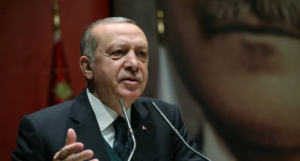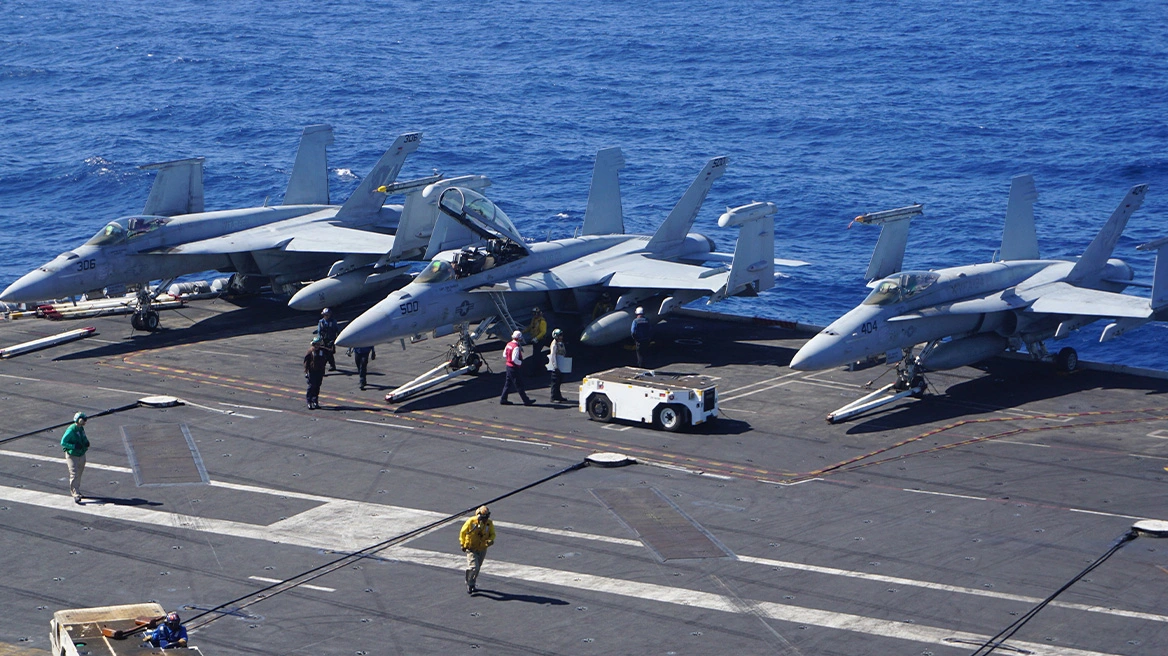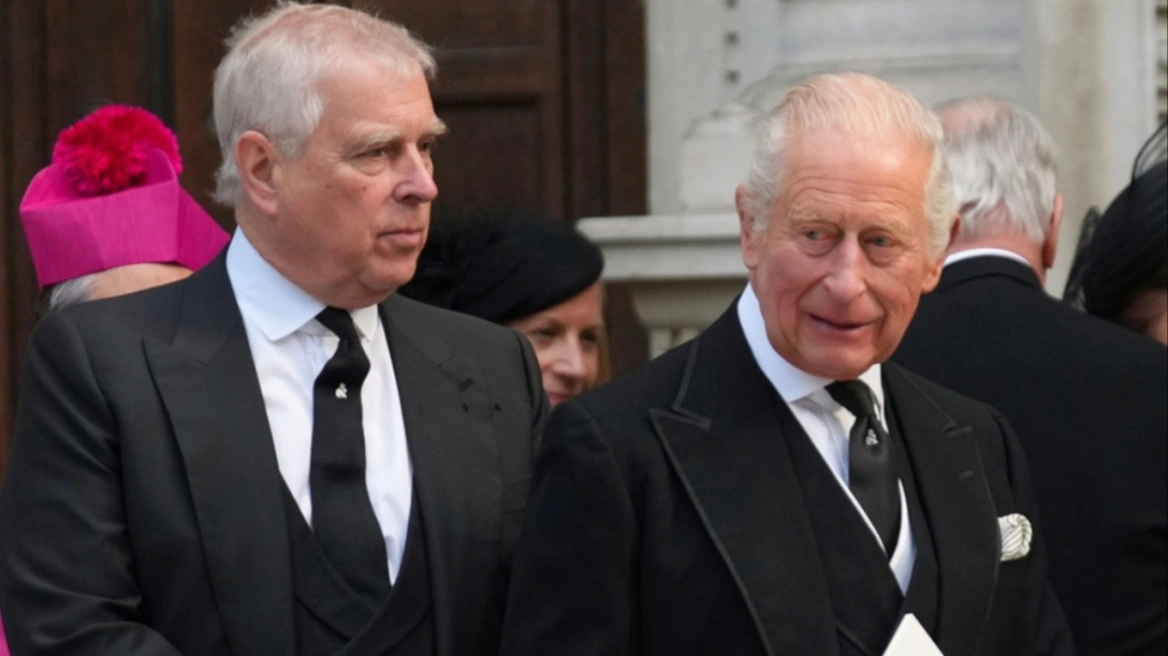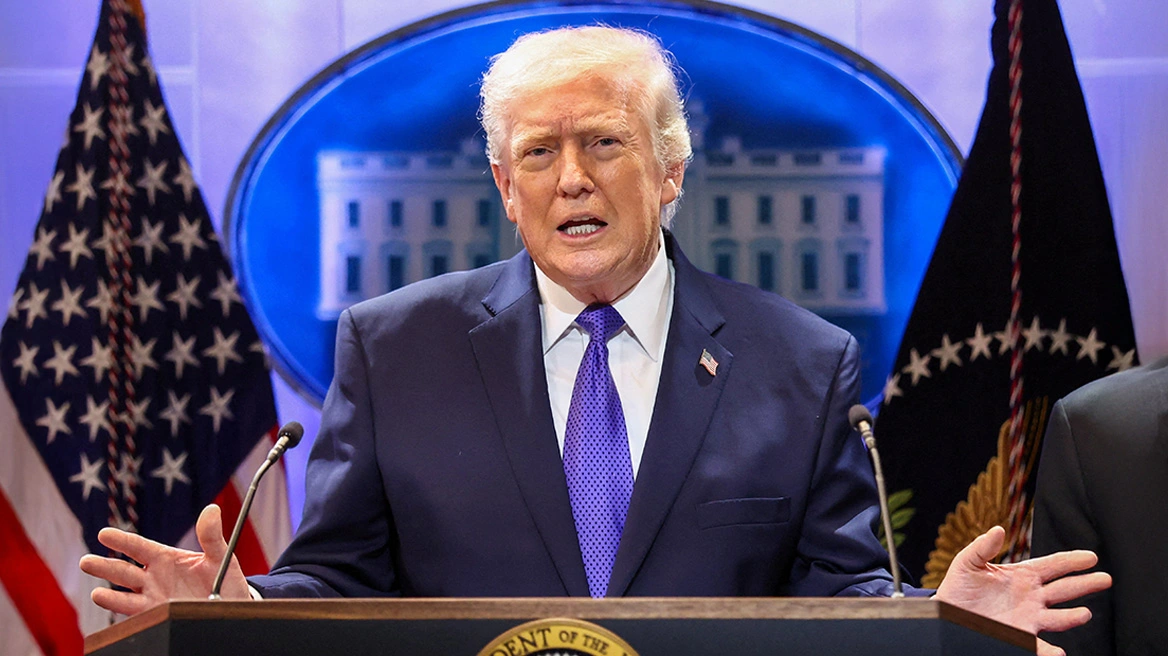Russian President Vladimir Putin and Turkish President Recep Tayyip Erdogan recently met in Sochi to discuss military operations in northwestern Syria. While on opposing sides in Syria, before the talks, Erdogan nevertheless described Turkish military cooperation with Russia as “of utmost importance,” alluding to what the U.S. already knows: Turkey does not feel constrained by its NATO responsibilities. It will not hesitate to pursue the path most closely aligned with its own interests, no matter where it lies: in the West or Russia. The U.S. can learn something from this shrewd and unashamed realpolitik.
In 2019, after years of toeing the line between cozy relations with Russia and the West, Turkey appeared to put the death knell in its NATO credibility, purchasing Russian-made S-400 defense systems, booting Turkey from the F-35 joint strike fighter program. The White House released a statement on the decision claiming that Turkey’s purchase rendered “continued involvement with the F-35 impossible” as “the F-35 cannot coexist with a Russian intelligence collection platform.” However, officials such as Senator Jim Risch (R-Idaho) were far more candid about the purchase’s implications. “This is not some minor dustup with this country,” he said. “They’ve thumbed their nose at us, and they’ve thumbed their nose at their other NATO allies.”
The U.S. has sanctioned Turkey and urged Erdogan to reverse the decision. Erdogan doubled down before the Sochi meetings: “It is not possible for us to turn back from the steps we took. … It is of great importance for us to continue by strengthening Turkey-Russia relations every day.” Turkey has chosen its trajectory. The U.S. should adjust its behavior accordingly and stop treating its NATO alliances as sacrosanct when Turkey clearly does not view the relationship similarly.
Greeks in favour of OXI Day military parade, and ‘love’ the French, poll shows
Turkey, despite having the second-largest standing military force in NATO, is inching toward a point where it becomes a possible liability, instead of an asset. While not discounting the points of tension in Syria and Libya, the most glaring flashpoint for possible conflict is Turkey’s enduring commitment to the defense of Azerbaijan against Armenia, through training Azerbaijani officers and supplying military equipment. Should a conflict erupt once more, it would be between Turkish-backed Azerbaijan and Russian-backed Armenia, presenting the potential for Turkey to, once again, be at odds with the Russian military and call for NATO aid or assistance.
Read more: Newsweek
Ask me anything
Explore related questions





